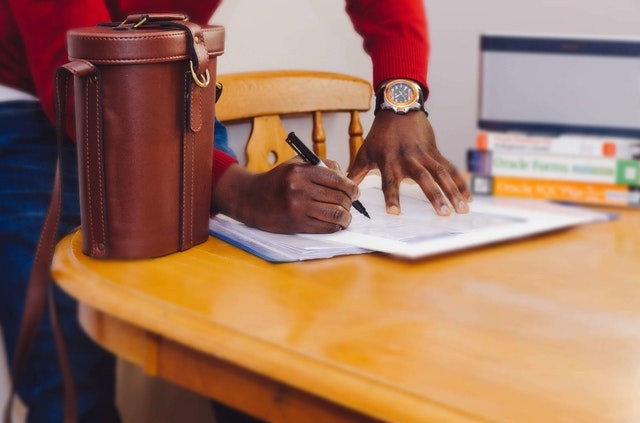
As you end your lease and get ready to move out, getting your security deposit back is one of those things you'd want to accomplish before you say "bye" to your apartment. After all, it is your hard-earned money, and it will help a whole lot with your future expenses.
If you know that you have been a good tenant and that you took care of your place very well, then there should be nothing to worry about. If you are not sure about the steps you need to take to get your security deposit back, here's a guide, especially for you.
Understand Your Lease Agreement
The rules in regards to the security deposit refund are most likely written in the lease agreement. It will typically state that the security deposit should be given back to you within 30 days after your lease expires. Some may take up to 60 days, so you need to check the contract that you signed.
Another thing that you need to look out for is the deductions that the landlord can take from your security deposit. If you have any unpaid rent, that will most likely be deducted. Also, if you incurred damage to the property while renting, your security deposit will get a deduction.
If you do happen to incur any damages, your landlord is responsible for giving you a list of everything spent on the repairs as well as pieces of evidence relating to it.
Steps You Can Follow to Get Your Security Deposit
1. Accomplish your apartment rental inspection papers
When you move in, make sure you accomplish the checklist provided by your landlord. If not available, you can make your own checklist that notes down the built-in features that your apartment has.
You can also take pictures and videos of the state of the apartment. Then, email it to your landlord. This should be enough to serve as documentation of the original state of the apartment.

2. Review Your Lease Carefully
To get your security deposit, you have to abide by the rules indicated. There are cases when a lease extends past the expiration date automatically. If that is the case, you will need to notify your landlord, ideally 30 days before the contract expires.
3. Research About the Local Laws on a Tenant's Security Deposit
Both landlords and tenants should abide by local laws. If you're not familiar as to what those local laws are, you best do a little research. This will make sure you know what to do so you get your security deposit.
Different states can have different laws as far as the tenant's rights and security deposits. So, make sure that you know what your rights and responsibilities as a tenant are.
4. Inform Your Landlord
This is very basic, and yet people often forget it. You need to make sure that your landlord knows where to send your security deposit. You can inform them via email, text message, or tell them directly.
5. If Resistance Happens, Call for Legal Help
If you followed everything you need to do, and still the landlord doesn't give you the security deposit, you can take legal actions to press them. Make a certified letter and reason why you need to get your refund.
READ NEXT: Investment Firm Acquires Stake in HPP's Hollywood Media Portfolio, Iconic CNN Center Is "for Sale"
© 2025 Realty Today All rights reserved. Do not reproduce without permission.



